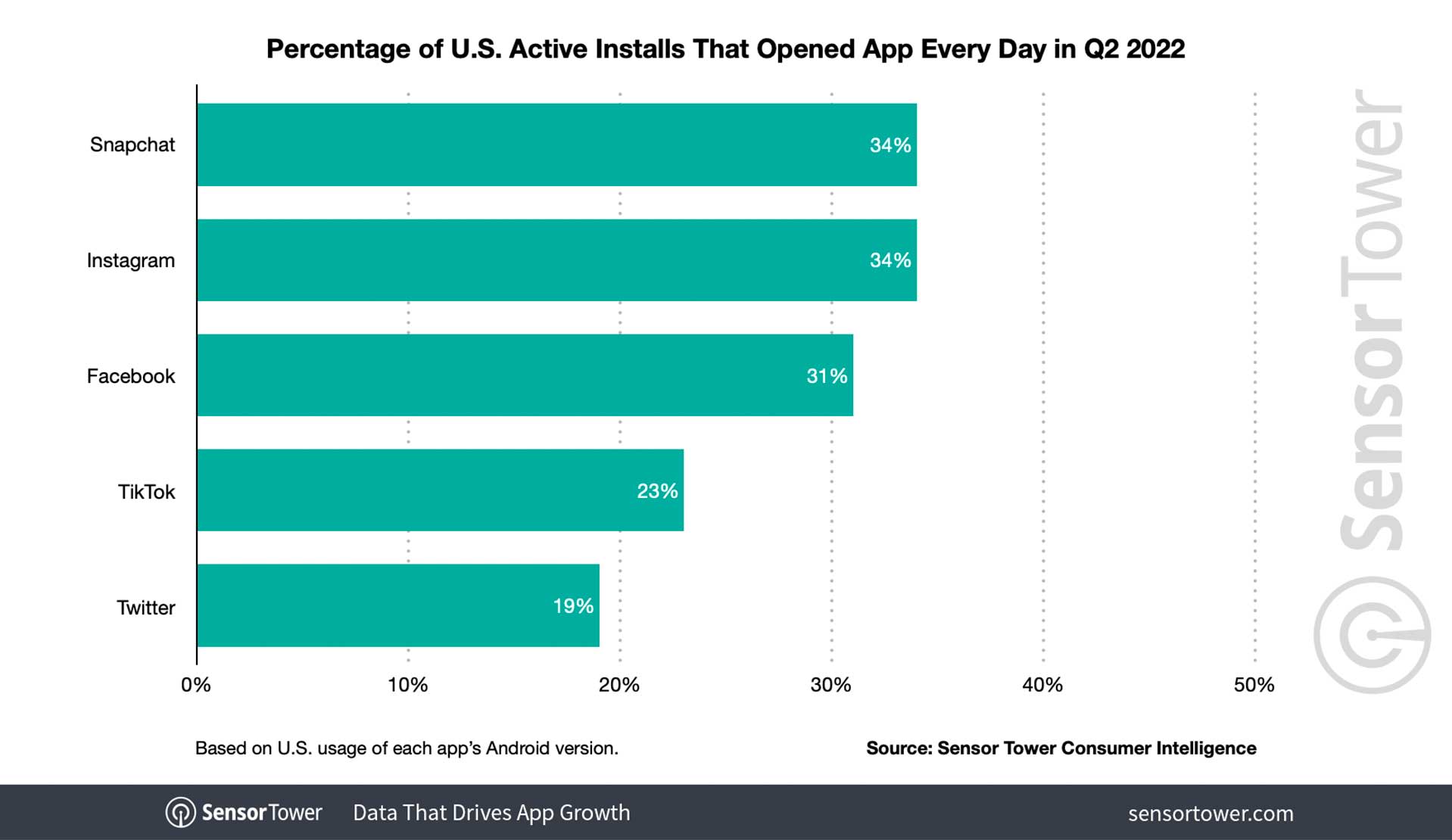Welcome to The Interchange! If you received this in your inbox, thank you for signing up and your vote of confidence. If you’re reading this as a post on our site, sign up here so you can receive it directly in the future. Every week, I’ll take a look at the hottest fintech news of the previous week. This will include everything from funding rounds to trends to an analysis of a particular space to hot takes on a particular company or phenomenon. There’s a lot of fintech news out there and it’s my job to stay on top of it — and make sense of it — so you can stay in the know. — Mary Ann
What a difference a few months makes. In mid-February, we published a survey of 10 fintech investors with questions on topics such as what areas they are excited about and their outlook for the future. Here we are, not even six months later, and the vibe from the responses of our latest survey — this time of eight fintech investors — is a very different one.
A few examples…
When asked in February what differences in the landscape he saw in 2021 and if deals were much more competitive, Accel partner Ethan Choi responded: “On the investing side, deals were definitely more competitive and valuations certainly reflect that, even despite a correction in public fintech comps.”
And SoftBank Investment Advisers’ managing partner Munish Varma, in response to the same question, said: “The heightened level of funding has increased competition, especially for high-quality companies.”
In July, when asked the same question, Lightspeed Venture Partners’ Justin Overdorff said: “Seed hasn’t changed that much, but Series A and Series B round sizes have definitely compressed. Companies are raising less money at lower valuations than in 2021, which reflects the market sentiment.”
And Avid Ventures’ founder and managing partner Addie Lerner said: “Last year…given very low interest rates, investors were seeking yield anywhere they could find it and paying a premium for growth. Now, in a rising interest rate environment, investors across stages are valuing companies based on fundamentals and prioritizing capital-efficient growth, while looking more closely at public market comps for valuation guidance.”
Bottom line is that earlier this year, the sentiment was more of: “Woo hoo — everything is amazing and 2021 was a stellar year in the world of fintech.” And today, it’s more like: “We’re proceeding very, very cautiously — and you should too.”
I have to say that both my editors and I were very impressed with the thoughtfulness in the responses of these surveys. The VCs who responded — which this time around included Paul Stamas of General Atlantic, Alda Leu Dennis of Initialized Capital, Michael Gilroy of Coatue, Justin Overdorff of Lightspeed Venture Partners, Addie Lerner of Avid Ventures, David Jegen of F-Prime Capital, Nik Milanović of the Fintech Fund, Jay Ganatra of Infinity Ventures — clearly took their time to provide nuanced answers that help give us a better picture of the current fintech investment landscape. In my humble opinion, the quality of the responses along with all the fabulous analysis and overall content consistently produced on TechCrunch+ is well worth the $99/year cost of the subscription.
Weekly News
Starting his career in fintech as a software engineer, Rex Salisbury became a founding member of Andreessen Horowitz’s fintech practice alongside general partners Anish Acharya and Angela Strange before becoming a partner in 2019. During his two years at the firm, Salisbury went on to back the likes of now-decacorn Deel and Tally, two companies he had gotten to know through the Cambrian community he’s built up since 2016. Now he’s launched his own early-stage fund, Cambrian Ventures, out of which he plans to deploy $20 million “to back the next generation of fintech founders” at the angel, pre-seed and seed levels with checks up to $500,000.
Publicly traded Lemonade has laid off about 60 employees of Metromile, the auto insurtech company it recently acquired — adding to the volatility the technology sector has seen over the past 18 months. In an emailed statement, a Lemonade spokesperson told TechCrunch that it was “able to offer a role at Lemonade to about 80% of the Metromile team,” but that as the deal was “synergistic” it is able to “operate with fewer people than were needed to staff the two standalone.” Such staffing cuts are not abnormal in such business combinations, even if that is little comfort to those in eliminated roles. Meanwhile, sources tell me that many employees felt “blindsided” by the move and question whether Lemonade complied with the WARN Act. Those same sources also say that Lemonade required outgoing employees to sign a form with a “non-disparagement” clause. I reached out to Lemonade to ask about all of this, but got no reply.
China’s billionaire tech boss Jack Ma plans to cede control of Ant Group, the fintech powerhouse closely affiliated with Alibaba, the e-commerce giant he founded, the Wall Street Journal reported on July 28. If realized, the move will mark another important turn in Ant’s restructuring and power shuffling since China called off its $35 billion initial public offering nearly two years ago.
Instacart announced on July 25 that the Electronic Benefits Transfer and Supplemental Nutrition Assistance Program (EBT SNAP) can now be used to buy groceries online in 10 additional states through its app. The 10 states are Colorado, Hawaii, Idaho, Louisiana, Montana, New Mexico, Oregon, Utah, Washington and Wyoming. Instacart says Albertsons Companies and Sprouts Farmers Market are among the first to accept EBT SNAP online in these states. For some context on how the program came about in the first place, check out this article I wrote earlier this year.
Cardless announced plans to launch co-branded credit cards on the American Express network. The move follows Amex Ventures’ investment in the three-year-old San Francisco–based startup’s $40 million Series B round that was announced in July of 2021. The company declined to say how much Amex contributed specifically other than to say it was “significant.” Put simply, Cardless aims to help consumer brands launch credit cards “very quickly and easily” by handling the program creation, card underwriting, lending, issuance and customer service for brands.
As we discussed last week, many believe that the modern-era consumer credit score system is broken, locking millions of potential homeowners out of the American dream. Ready Life, a new fintech backed by Figure Technologies, has developed what it describes as a “revolutionary mortgage lending model” that relies on good rental payment history to qualify buyers for home purchases. “We are rewriting the rules for homeownership,” says Ready Life CEO Ashley D. Bell, a corporate finance attorney and a former White House policy advisor for Entrepreneurship and Innovation, in a press release. When the Ready Life platform launches this fall, consumers who pay their rent on time using the Ready Pay Visa Debit Card will qualify for mortgages without a credit score review, the company says.
Earlier this year, Apple revealed a new buy now, pay later feature, Apple Pay Later, that has reportedly now drawn the attention of the Consumer Financial Protection Bureau (CFPB), reports 9to5Mac. According to the publication, CFPB director Rohit Chopra said that Apple Pay Later raised “a host of issues,” with antitrust concerns. The Financial Revolutionist points out that “while Apple’s move into BNPL will leverage the Apple Pay network and Apple’s reach through hardware to scale quickly, this combination of software and hardware is what makes Apple Pay Later a potential privacy risk.”
Payments giant PayPal finally has attracted an activist in Elliott Management, a $50 billion hedge fund, reported the Wall Street Journal and Barron’s. The latter publication says, “PayPal had been a pandemic-darling as households increasingly shopped online but shares have slid more than 60% this year as people returned to their pre-pandemic spending habits. Earlier this year, the company cut its 2022 earnings forecast, which led to the company’s worst one-day selloff in its history as a publicly traded company.” PayPal’s valuation has tanked to $89 billion from $350 billion over the past year. Why should we care? Well, according to the Financial Revolutionist, “If Elliott’s activist-investor takeover succeeds, then the hedge fund has several strategies at its disposal to correct the course at PayPal.”
Visa and Mastercard’s earnings are good indicators for the economy as a whole, according to Moody fintech analyst Peter Krukovsky, who wrote via email: “Card networks Visa and Mastercard are a terrific broad barometer of economic activity, and the strength of Visa’s US transaction flows in the June quarter and in July indicates sustained solid consumer demand. While the demand effect of higher interest rates may build over time, continued strong trends at the card networks point to sustained growth trends for the payment processing industry.”
After Brex’s controversial announcement that it would no longer work with SMBs, it has now tapped San Francisco–based startup Oxygen “to provide their small business customers a smooth transition.” Last November, TC’s Manish Singh had reported that Oxygen — a digital bank aimed at freelancers and small businesses — was reportedly raising funds at a $500 million valuation.
Speaking of spend management, Ruth Foxe Blader, partner at Anthemis Group; Eric Glyman, co-founder and CEO of Ramp; and Thejo Kote, founder and CEO of Airbase will talk about balancing runway and growth onstage at TechCrunch Disrupt on October 18–20 in San Francisco. For more details, head here. P.S. Hope to see you there!
Alternative investment platform Yieldstreet has appointed Timothy Schott to serve in the newly created role of chief financial officer. In a press release, the company said that Schott’s “expertise in a wide range of finance and business functions, as well as his significant capital markets and M&A experience, positions Yieldstreet for continued customer growth and long-term success.” When asked if this meant the company was eyeing the public markets, a spokesperson told me via email: “No plans! Tim’s just been brought on board to build out the infrastructure so the company can scale.”
There is no doubt that the COVID-19 pandemic has made it less common for people to use cash to pay for their everyday purchases. Because of hygiene and social distancing measures, merchants who used to frown upon letting customers pay small amounts by card are now encouraging contactless transactions. And with many outdoor activities simply out of the question, cash was more often hoarded than it was spent. Now it appears that contactless payments are here to stay.
Looking at Latin America’s socioeconomic conditions these days, you can find plenty of reasons to be pessimistic or at least daunted by how much is left to improve. Sure, problems are also opportunities, but what if there are just too many hurdles to overcome in the near future? And yet, despite the worsening global and local macroeconomic climate, unicorns keep being minted in the region. Here’s why Clocktower Technology Ventures remains bullish on the region’s fintechs.
Viber, the messaging app owned by Japanese e-commerce giant Rakuten, has long been dancing around the area of fintech, launching services like money transfer and chatbot payments in various countries over the years. Now it is making a move to double down on that strategy: It’s launching Payments on Viber — a new service that will let users set up digital wallets tied to their Viber accounts.
Funding and M&A
Balance raises $56M to tip the one-click checkout scales in favor of B2B merchants
Sequoia backs fintech Dbank in maiden Pakistan investment
Pogo lands millions to become the ‘Honey for the real world’
You can’t afford a house, but you can probably afford Nada
Fintech Guava raises $2.4M to provide banking services to Black small business owners
With over $3B in AUM, Portage Ventures targets $750M for its first late-stage fintech fund
PSA: Startup Battlefield 200 Applications close soon. Apply today to join Startup Battlefield 200 for the chance to exhibit your startup for free at TechCrunch Disrupt this October and win the $100,000 equity-free prize. Applications close August 5.
One more thing, be sure to listen to fellow fintech enthusiasts Alex Wilhelm, Natasha Mascarenhas and I riff on a bunch of industry news in last week’s Friday edition of the award-winning Equity podcast.
With that, it’s time for me to go. Thank you for reading and may you have a wonderful week ahead. I can’t believe it is nearly August already. Where has the summer gone? xoxo, Mary Ann






 Livestream shopping app for collectibles Whatnot
Livestream shopping app for collectibles Whatnot  Blockchain infrastructure company Chain
Blockchain infrastructure company Chain 



